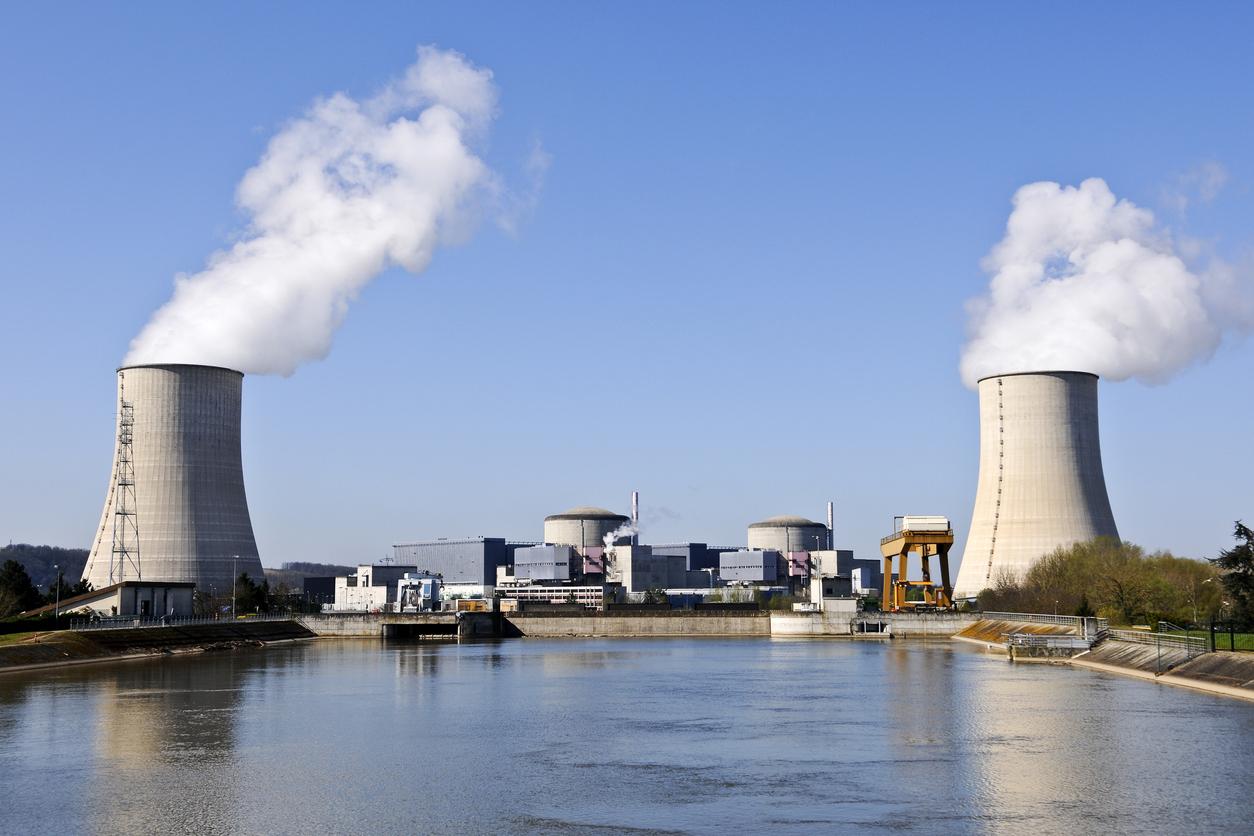Pembrolizumab immunotherapy is more effective in the presence of a genetic mutation in the tumor. Half of the patients respond to treatment.

Difficult to talk about cancer without broaching the subject of immunotherapies. These innovative treatments are now essential, in scientific publications as well as during medical congresses. That of the American Society of Clinical Oncology (ASCO), organized in Chicago (United States) from June 2 to 6, was no exception.
Several encouraging studies were presented during this high mass in cancerology. One of them, dealing with nivolumab, stood out. Led by the team from the Institut Gustave-Roussy (Villejuif, Val-de-Marne), it has shown the value of this treatment in several forms of gynecological cancer.
A bow with several strings
The molecule has a broad spectrum of action since nivolumab is already recognized in advanced lung cancer and metastatic melanoma. Credit goes to how the treatment works, which does not target a specific tumor but the mechanism it deploys to evade the immune system.
In the case of nivolumab, the PD-1 protein – produced by tumors – is inhibited. In the absence of it, the body recognizes the danger and attacks it. Several molecules work on the same principle, such as pembrolizumab.
But not all patients respond to these innovative treatments – far from it. Only 17-20% of patients have a positive reaction to anti-PD1 antibodies. The composition of the intestinal microbiota, in particular, is suspected of influencing this efficiency.
A beneficial mutation
But the profile of the tumor itself strongly affects the response to immunotherapies. This is what an American team shows in the review Science, based on the evolution of 86 people treated for 12 different forms of cancer. All received pembrolizumab.
Carriers of a mutation in the MMR gene, which results in a deficiency, respond much better to treatment. In half of them, a reduction of the tumor is present on the x-rays. 18 patients even saw their tumor permanently disappear.
60,000 tumors targeted
On these mutated tumors, the potential of the immune response is multiplied by the anti-PD1 antibody, the researchers explain. And this remarkably stable against different cancers. These results could well upset the therapeutic approach. Because in the United States alone, 60,000 tumors are carriers of this anomaly, say the authors.
It remains to confirm the impact of this efficiency over the long term. The test continues in this direction. 11 patients were able to interrupt their treatment after two years, without relapse. According to predictive calculations, half of the volunteers may well achieve the same result.
.

















